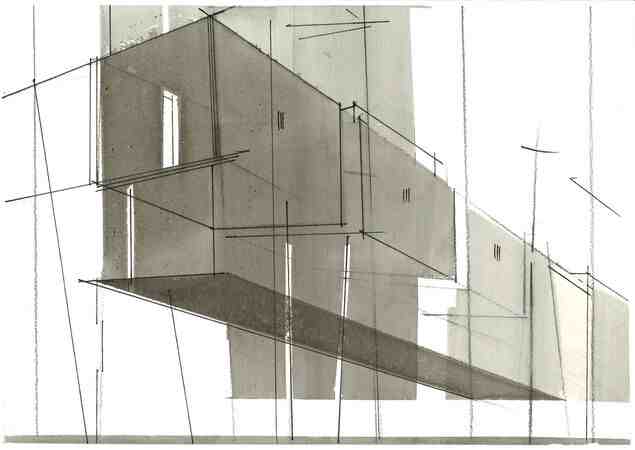The first-ever performance at
Glimpse of Time
- Date:
16 Oct 2024
- Age restrictions
- 12+
Programme
Franz Schubert (1797-1828)—Franz Liszt (1811-1886)
Liebesbotschaft (Love message)
Ständchen (Serenade)
Aufenthalt (Dwelling)
Franz Schubert
Sonata no. 21 in B flat major, D 960 (1888)
I. Molto moderato
II. Andante sostenuto
III. Scherzo. Allegro vivace con delicatezza—Trio
IV. Allegro ma non troppo
Gustav Mahler, whose First Symphony opened the series, based his concept of large musical form, paradoxically enough, on the most intimate musical genre—that of song. In this work, Mahler took a leaf from the book of his predecessor and compatriot, Franz Schubert, the great musical exponent of loneliness and existential melancholy. Schubert’s legacy is a metatext where productions in different genres interpenetrate and often take up one and the same thread. This manner of musical thinking entails the free, epic breath of the composer’s instrumental cycles: growing out of consciously artless song material, they require time to unfold. Hence the long duration of his late works, which—very unusually for musical pieces of the early nineteenth century—last for about an hour.
Performed by
Sergei Davydchenko piano

Illustration: Danila Travin
Schubert is mesmerised by ultimate questions—life, love, friendship, loneliness, and death. In his later works, listening to silence produces clairvoyance, which is realised in unexpected and frightening ruptures of the fabric of reality, in the appearance of some terrible, enormous, and inhuman force.
— Anton Svetlichny
Schubert’s discovery was truly appreciated only in the second half of the twentieth century, and his most consistent heir would be Morton Feldman, the hero of post-war American musical art, who described his creative stance in the provocative formula: “Up to one hour you think about form, but after an hour and a half it’s scale.” Schubert and Feldman, whose music will be performed in The Season of Phantasmal Peace series in November, look into themselves, into their inner world, entering into a special, uncompromising relationship with time, which, for them, is contemplative, meditative, slow, fluid—time as a person would experience it who is alone with himself. Such is the nature of Schubert’s last piano sonata, D 960, completed a few weeks before his death in November 1828, and the vocal cycle Schwanengesang (Swan Song) written in the summer of the same year, excerpts from which will be performed in a transcription by Franz Liszt.
Sergei Davydchenko (b. 2004, Alexandriyskaya, Stavropol Region) is a pianist. He began his studies on preparatory courses with Tatiana Levadnaya at the Vasily Safonov Regional Music College in the town of Mineralnye Vody. In 2017 he entered the Secondary Specialised Music School at the Rostov State Conservatory, in the class of Professor Sergei Osipenko, with whom he still works. Sergei Davydchenko’s prizes and awards include winner of the Nutcracker International Television Competition for Young Musicians (2016), the Blue Bird National Television Competition for Young Talent (2018), and the Third International Grand Piano Competition for Young Pianists (Moscow, 2021). SergeiDavydchenko took First Prize at the 17th International Tchaikovsky Competition (Moscow, 2023).

